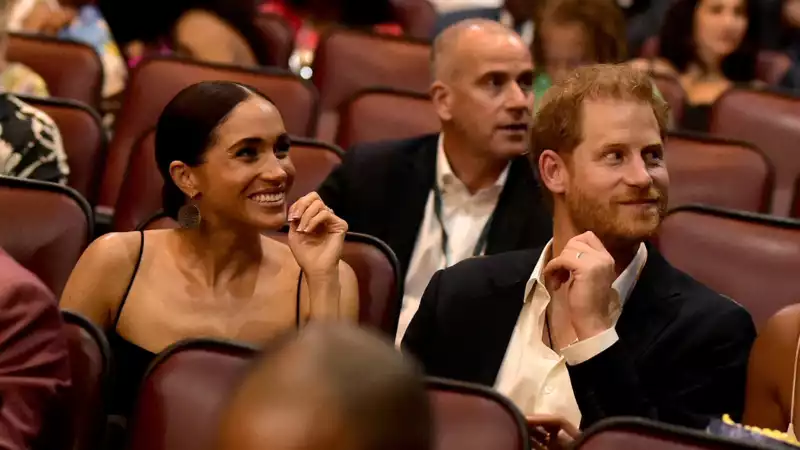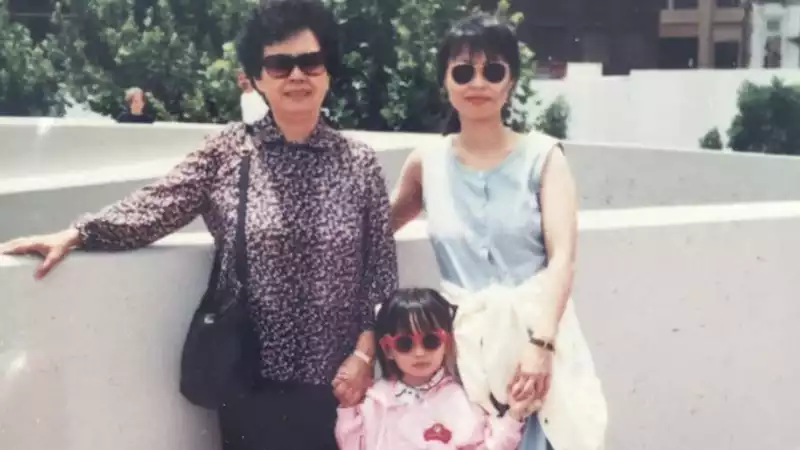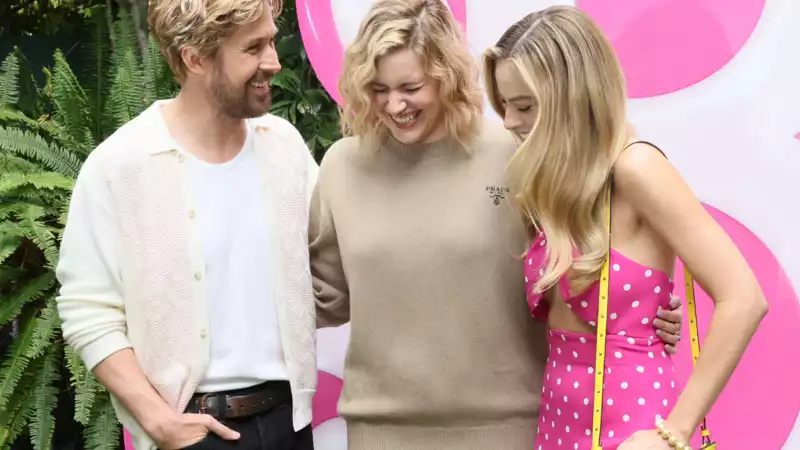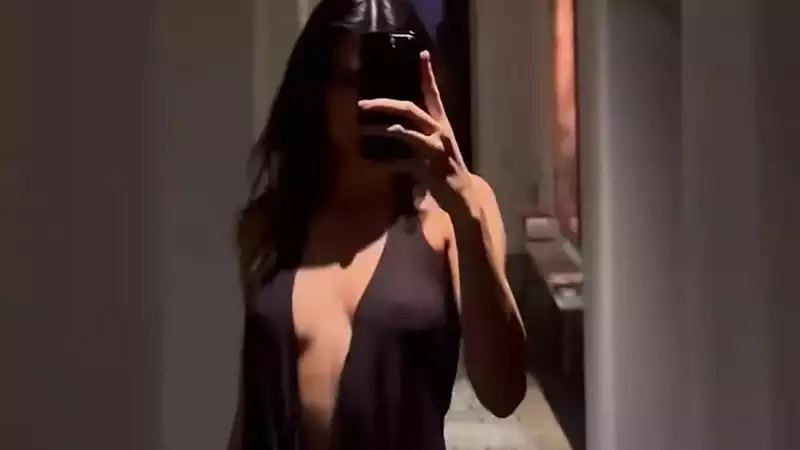
Prince Harry and Meghan Markle at the premiere of "Bob Marley: One Love" in Jamaica.
Prince Harry and Meghan Markle made a surprise red carpet appearance.The Duke and Duchess of Sussex were spotted at the premiere of the music biopic "...
Read More
I vividly remember my first day of school in Sydney. I was seven years old and had just moved from Hong Kong. I was the only Asian in my class and everyone else was white, except for a black boy named Femi. I was standing alone in the shadows under the stairs at recess when a girl came up to me and asked my name. [I don't know..."
My heart sank. I had failed my first test.
The girl shrugged and ran off.
I didn't know my name.
I knew it, but I'd forgotten it.
I must have repressed this shameful memory for years, and my first year of assimilation into Australian school was a blur. I was teased by everyone calling me a baby kangaroo (my name was Joey, which in Cantonese means Joe-er/Father Joe's child), and soon afterwards I changed my name to Jodie with the change of school. The only thing I remember is the distinctive smell of my ESL teacher's strawberry bubblegum and the way he held his pencil between his thumb and index finger.
"Say it properly; don't start with a D when you say the or there. Put your tongue between your teeth. thhh thhh thhh."
Say it properly, she told me. How you say it is important, she would say.
I took her advice to heart. I began to pay attention to what I said and how I said it. I absorbed everything like a sponge. The way she spoke, the way the other girls in the class carried on conversations, the way they had no trouble at all with the language. I witnessed how easily and confidently these girls could express themselves and get what they asked for. Later, I envied the debate team (all white) for how persuasive and confident they were in their abilities. They didn't even have to try. I, however, had to rethink every single thing I said or wrote, and I even forgot my own name. For the sake of marsupial jokes, I had abandoned the original name my father had bequeathed me.
Perhaps this is why, years later, I became involved in communications. It's important to say it the right way. With the hatred, vitriol, and violence against the Asian community spreading like wildfire across America these days, perhaps this is why the memory of that hot February day at the playground came back so clearly to my mind. Living in New York City, I dreaded riding the subway alone. I struggle to discern whether my feelings are crazy paranoia or logical fear. Every time I go out alone, those feelings seem to hang in a dark mass in my mind. I must carry pepper spray with me at all times and have it ready for use at all times. Just recently, I was called an "Asian bitch" in broad daylight in London's Russell Square. What if I see an elderly meatball or gong being harassed in the street? Would I have the courage to intervene and stand up for them? What if someone said to me, "Where do you come from? What would I say? [Because how you say it is important.
I have been corrected on numerous occasions to say it properly, or have had "no speak english" spat in my face, but this week I am stunned by the collective and willful ignorance and total denial to say the most important thing properly. What happened in Atlanta this week was an irrefutable hate crime.
Forget the legal semantics of what constitutes a hate crime or the Justice Department's definition of a square. Forget for a moment also the fact that an eyewitness told a reporter that the perpetrator declared (open in new tab) that he wanted to "kill all Asians." There is no denying that he acted out of hatred.
Whenever I see reports in the media, large or small, that "motives are unknown" or "unexplained," I feel a hot anger as if I have been slapped in the face. Why must we continue to adhere to the white patriarchal code of silence that denies what is true? It starts with words and the way we use them. It begins with acknowledging individual lives, individual stories, rather than lumping them into faceless statistics. At this moment, your words show that Asian women are expendable and no more important than the disposable flip flops we wear to the spa. The fact that society as a whole is quick to jump to the conclusion that these women must be sex workers because their place of business has the words "Asian massage" in its name. Massage of other ethnic groups does not carry the same connotative weight. And what if they do?
You refuse to grant us the simple justice of labeling heinous acts as they are and try to trivialize us by humanizing and protecting terrorists with the soft language used to describe "bad day" petty crimes. As if the mantra of keeping our heads down, grinning and enduring like "good Asian girls" makes us fair game for abuse and attack. We should just be thankful for the crumbs we are spared. We should just be thankful that we are here.
Make no mistake, we are not mute, we are merely observing. We are watching you and we see that you are not watching us. We are not mute. We are not excluded. We encourage each other to speak up, to stand up for each other, to hold each other accountable. We will muddy your faces just as you have muddied ours. I am the one here. I deserve to be seen. We take our place. We will not give in to cowardice. We will continue to fight in the name of the victims of this hate crime (opens in new tab) and we will continue to demand that you say it properly.
Delena Ashley Yaun Paul Andre Michels Daoyou Feng Xiaozhie Tan Soon Chung Park Hyun Jung Grant Kim Sun Cha Yong Yue
We say their names properly.
.
Prince Harry and Meghan Markle made a surprise red carpet appearance.The Duke and Duchess of Sussex were spotted at the premiere of the music biopic "...
Read More
Taylor Swift is once again proving just how generous she is.At Sunday's Chiefs game at Highmark Stadium in Orchard Park, NY, the superstar made a grea...
Read More
Ken is not having a good day.Ryan Gosling is clearly pleased to have been nominated for Best Supporting Actor at the 2024 Academy Awards, but his achi...
Read More
Some A-listers like the wide open back of a black dress, but in Kendall Jenner's case, she likes the wide open front of a black dress (well, back, too...
Read More
Comments